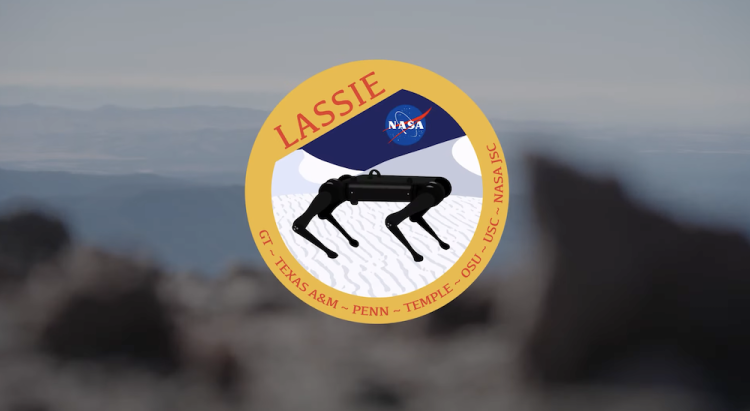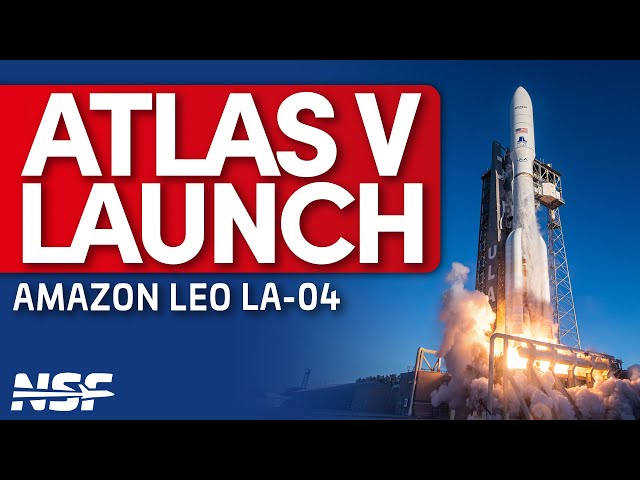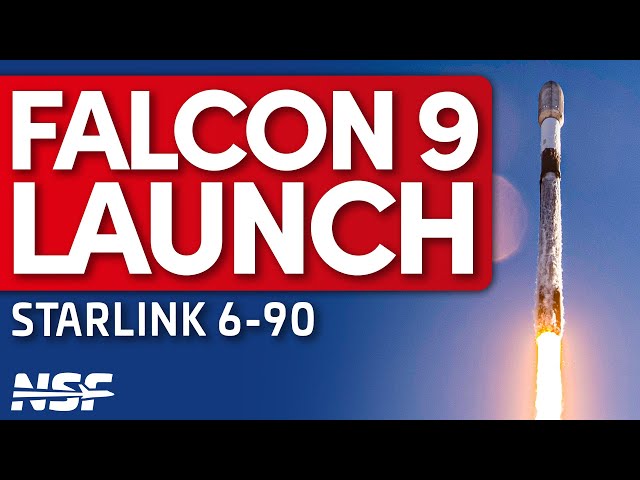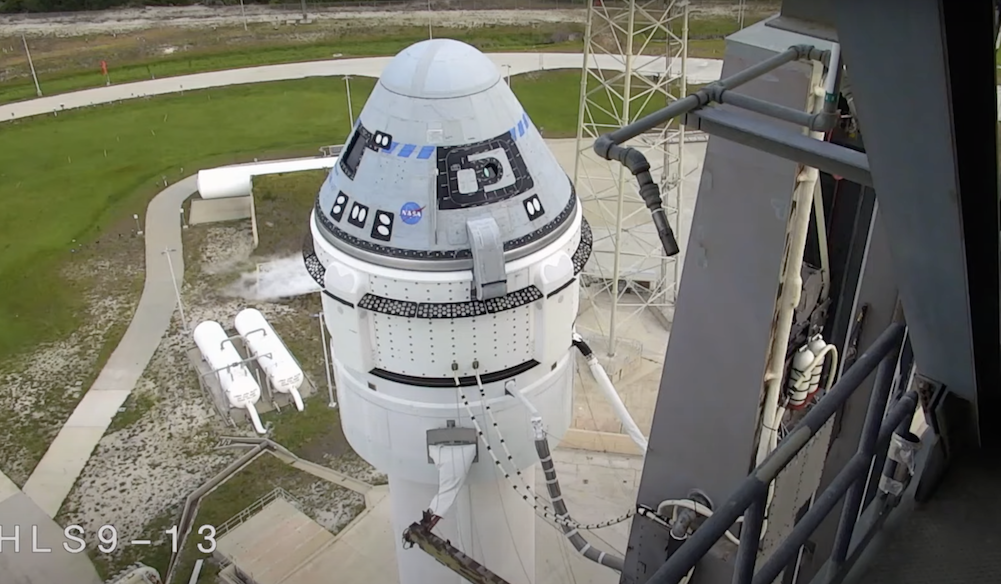In a significant leap forward for space exploration technology, a team of researchers funded by NASA has made remarkable progress in enhancing dog-like robots for traversing the challenging terrains of celestial bodies like the Moon.
Led by Feifei Qian, the multidisciplinary team comprising engineers, cognitive scientists, geoscientists, and planetary scientists embarked on a groundbreaking mission under the project LASSIE (Legged Autonomous Surface Science in Analog Environments). Their objective: to equip robots with the agility and adaptability needed to navigate lunar craters and other extraterrestrial landscapes.
During extensive testing conducted in various rugged environments, including the Palmer Glacier in Oregon and sandy beaches in Southern California, the team put a four-legged robot named Spirit through its paces. Spirit, equipped with metal legs and advanced sensors, demonstrated remarkable capabilities in traversing snow-covered, rocky, and shifting terrains. Researchers observed its ability to detect and adapt to changes in ground conditions, akin to human locomotion.
“The potential applications of these robotic advancements are staggering,” remarked Qian. “From aiding in lunar missions to potentially exploring surfaces beyond our solar system, these robots represent a quantum leap in space exploration technology.”
One of the most promising aspects of the research is the robots’ capability to transform into structures like bridges and pyramids, facilitating the rescue of fellow robotic explorers from challenging terrain—a feature with profound implications for future space missions.
With NASA’s backing of a two-year, $2 million grant, the team is poised to further develop quadrupedal robots tailored for lunar exploration. These robots, envisioned as part of a larger robotic team, will complement wheeled rovers for cargo transport and long-distance traversal, thereby revolutionizing the way we explore and understand our universe.
As humanity sets its sights on the cosmos, these advancements in robotics underscore our relentless pursuit of knowledge and exploration, propelling us ever closer to unlocking the mysteries of the cosmos.









